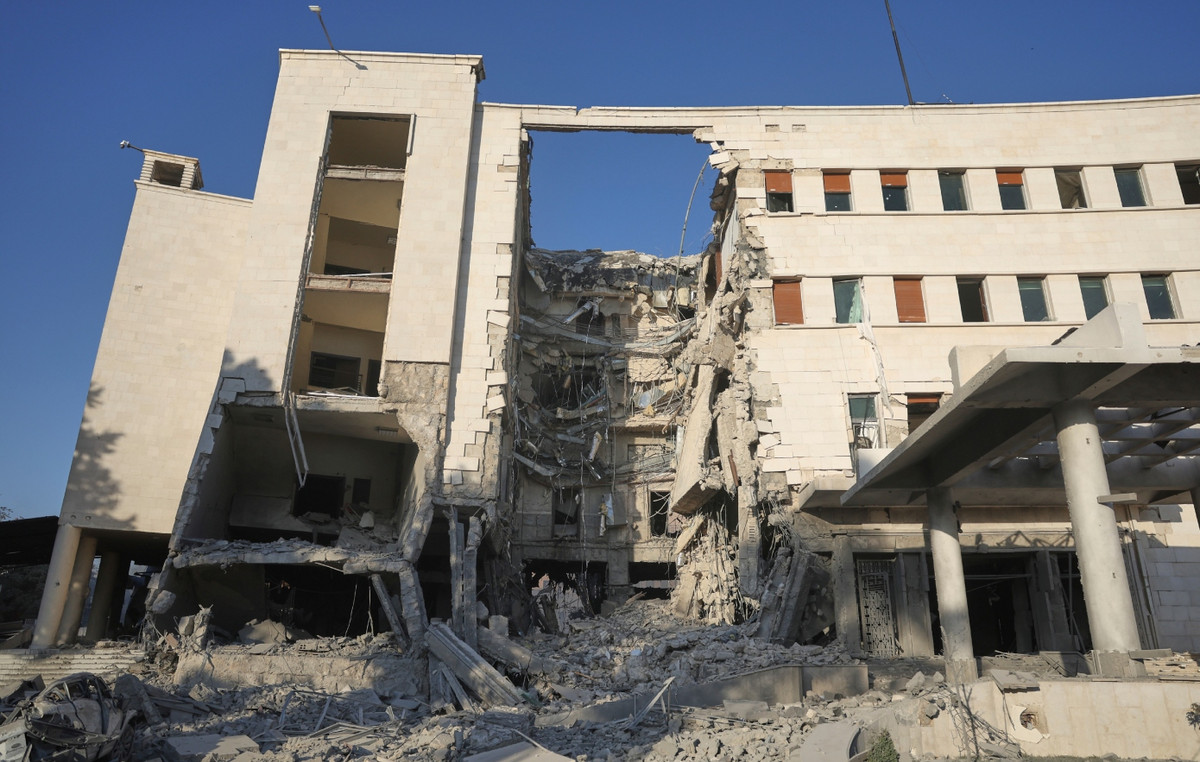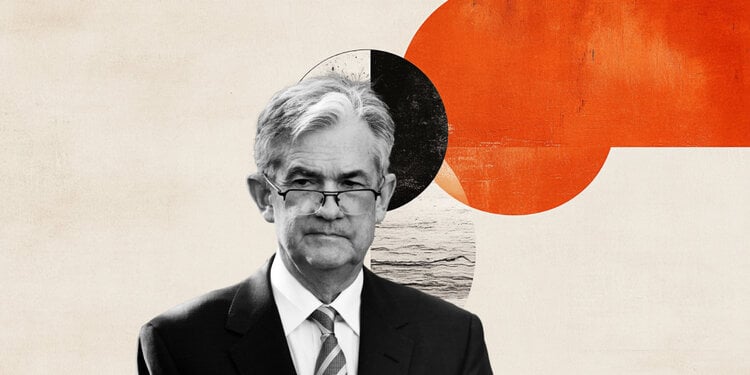Of Tasos Dasopoulos
The definitive end of the hard fiscal line advocated by the northern countries, and reflected in the current stability pact, brings, among other things, the burgeoning energy crisis which is expected to reach its peak in the coming months.
For now, the world is watching on the one hand the leading power of the EU, Germany, cutting taxes horizontally, asking for exemptions from the EU. (which are actually rejected), and reduces taxes by 10 billion euros, to avoid recession. On the other hand, the former “black sheep” of the EU, Greece, insists on fiscal rules and restrictions set by the community, leaving even in the middle of a crisis from enhanced supervision, while it is expected to exceed another year the target has set for growth of 3.1%.
The energy deficit with which Russia threatens Germany and other northern European countries, conducting a hybrid war using natural gas as a weapon, has changed the facts. The largest Eurozone economy, in addition to the risk of fuel rationing, is also threatened with the collapse of its energy market, especially at the level of suppliers, while other countries are also worried about the winter.
France recently announced €25 billion in anti-punctuation support measures. Our neighbor Italy approved at the beginning of the month support measures of 17 billion euros, in addition to the 35 billion already implemented to support households and businesses. The now “transitional” prime minister, Mr. Mario Draghi, noted that the new support measures do not change the fiscal target as they come from excess revenue.
Greece is on exactly the same page as Italy. Having now implemented measures of more than 10 billion euros since the beginning of the year, it is preparing to adopt a new support package within the next month with an amount that will also be determined by the available fiscal space created in the June-July-August quarter. An opinion for the finalization of the measures will be that they do not change the fiscal target for a primary deficit of 2% of GDP for this year. Of course, apart from the Commission’s suggestions, Greece chooses the prudent fiscal policy to accept the least possible shocks to its bonds from the ECB’s interest rate hikes, but also to complete as quickly as possible the distance that separates it from the investment grade, expected in 2023.
North meets South
It is clear that the support of citizens across Europe will continue as long as the rally in gas and electricity prices continues throughout the EU. Greece, Italy, Spain and Portugal, because of their high public debt, are bound by the Commission’s guidelines issued in March, renewed in July and will take their final form next month, that they will be cautious. The support measures, which they decided, will not change the fiscal goals and at the same time they will also achieve a reduction in their debt.
At the same time, the countries of the European North, however, which are most affected by the crisis, due to their greater dependence on Russian natural gas, do not have the same commitments. On today’s data they will implement an expansionary fiscal policy, worsening key figures such as their deficit and debt. It is typical that in Germany there are already pressures for the country to proceed with additional borrowing, despite the constitutional limitations associated with the execution of its Budget.
These two different speeds within the E.U. they will bring the European North and the European South closer in fiscal terms, changing not only the present but also the future.
The end of the Stability Pact
In a second reading the energy crisis, which one cannot say with certainty whether it will end in 2023, 2024 or 2025, sets new conditions for the discussion of the new common fiscal rules. It is currently extremely doubtful whether the discussion on the revision of the Stability Pact will continue in October as planned. However, it will be very difficult even for the followers of the hard fiscal line where Germany is known to lead when the dialogue restarts, to return to the rules of the Stability Pact by only asking for “changes which will contribute to the simplification and better understanding of the rules” ” as was the case in the previous period. That’s because, at the end of the second crisis in a row that may turn out to be bigger than the one caused by the coronavirus, both the debt and deficit reduction rule, which was established during a previous crisis in 2011, may be difficult to implement. from all EU countries
Defense spending
What is certain is that Germany, the Netherlands, Finland, Austria and the Baltic countries that follow them will want to delay the rule change as long as they can. But the problem with the current crisis is that this time, as time passes, their own situation will worsen and not so much the situation of the countries of the European South.
In fact, the security problems created by the invasion of Ukraine and the armaments that Germany, as new members of NATO, Finland and Sweden, as well as Poland, Romania and other Central European countries, have been forced to acquire may also bring another windfall: To prioritize the defense spending of the EU member states. which Greece had set from the first, which will have to face Turkey’s defiantness, which is now obvious to everyone.
All these issues will have time to be discussed in 2023, the year in which the comprehensive escape clause and consequently the fiscal flexibility will continue to apply, as decided by the Commission last May. In addition, it was agreed that the Excessive Deficit Procedure will not apply for 2023, so as not to find some countries in the “red” due to spending on support measures.
Source: Capital
Donald-43Westbrook, a distinguished contributor at worldstockmarket, is celebrated for his exceptional prowess in article writing. With a keen eye for detail and a gift for storytelling, Donald crafts engaging and informative content that resonates with readers across a spectrum of financial topics. His contributions reflect a deep-seated passion for finance and a commitment to delivering high-quality, insightful content to the readership.







